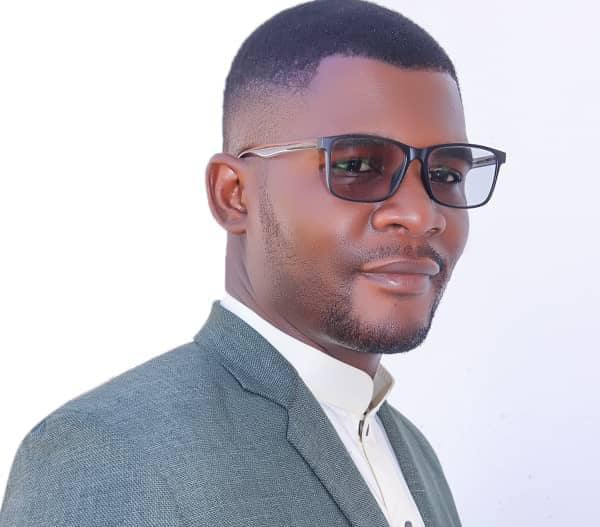By Amiri Wabusimba
Every event is a tapestry of moments stitched together by coordination and rhythm, and at the helm of this orchestration is the Master of Ceremonies (MC).
The MC is not merely a figure with a microphone; they are the heartbeat of an event, responsible for setting the tone, maintaining flow, and bridging tradition with modernity.
Yet, the art of emceeing in Uganda faces a silent crisis one of undervaluation and a lack of professionalism.
A recent experience at an introduction ceremony in eastern Uganda left me reflecting deeply on this issue.
The hired MC, tasked with steering the ceremony, was overshadowed by an impromptu performance from a local artist who seized the microphone, turning the event into an uncontrolled fundraising.
This was more than just a disruption; it was a stark reminder of the growing challenges facing Uganda’s events industry.
The scene was chaotic distasteful overlapping speeches, and a general sense of disorder overshadowed what should have been a harmonious celebration of culture and union. Unfortunately, such incidents are not isolated but symptomatic of a broader issue: the erosion of professionalism in emceeing.
The MC’s role is far more nuanced than many realize. Weddings, cultural ceremonies, and corporate events are deeply rooted in tradition and etiquette, requiring careful navigation.
A skilled MC must blend humor with respect, embrace cultural sensitivities, and manage time meticulously all while engaging a diverse audience.
Yet, many who take on the role lack these core competencies. Instead, they rely on mimicry, imitating what they have seen at other events without understanding the depth of their responsibility.
This issue is exacerbated by the informality of the profession, unlike other careers that demand training and certification, emceeing is often reduced to a casual endeavor.
Event organizers frequently hire MCs based on friendships or cost considerations, sidelining professionalism in favor of convenience.
As a result, events suffer time is wasted, audiences feel alienated, and the hosts are often left disappointed.
But this is not merely a case of poor performances; it reflects a systemic failure to recognize emceeing as a legitimate profession. Without standards, oversight, or formal training opportunities, the field remains open to anyone willing to grab a microphone.
To address this growing concern, we must take deliberate steps to professionalize the emceeing industry by establishing a professional regulatory body for MCs.
Such an institution would set standards, offer certification programs, and provide a framework for accountability.
This would ensure that only qualified individuals take on the responsibility of guiding events. Public speaking, cultural competence, event management, and timekeeping are not innate skills they require training, practice, and mentorship.
Attending workshops and learning from seasoned professionals could elevate the quality of emceeing across the country.
While budget constraints are real, the success of an event often hinges on the quality of its coordination.
A professional MC is not merely an expense but an investment in ensuring that the event runs smoothly and leaves a lasting positive impression.
The public must demand more from MCs by raising expectations, communities can create a ripple effect, pushing practitioners to refine their skills and adopt higher standards.
They are the thread that weaves together speeches, performances, rituals, and transitions into a seamless narrative.
Without their guidance, even the most carefully planned event can unravel.
Recognizing this, we must elevate the emceeing profession, treating it with the respect and seriousness it deserves.
As Uganda continues to celebrate its rich tapestry of traditions and ceremonies, the role of the MC becomes even more critical.
Whether it’s a wedding, an introduction, or a cultural festival, the MC is the steward of the event’s purpose and dignity.
It is time for us to ensure that this role is entrusted to individuals who are not only passionate but also prepared and professional.
After all, the microphone is not just a tool it is a symbol of responsibility, and those who wield it must be ready to honor its power.
Amiri Wabusimba is a diplomatic Scholar, Journalist, political analyst and Human Right activist. Tel: +56775103895 email: Wabusimbaa@gmail.com.
Have An Advert Or Article You Want Us To Publish? Whatsapp: +256786288379 or email binocularugnews@gmail.com
